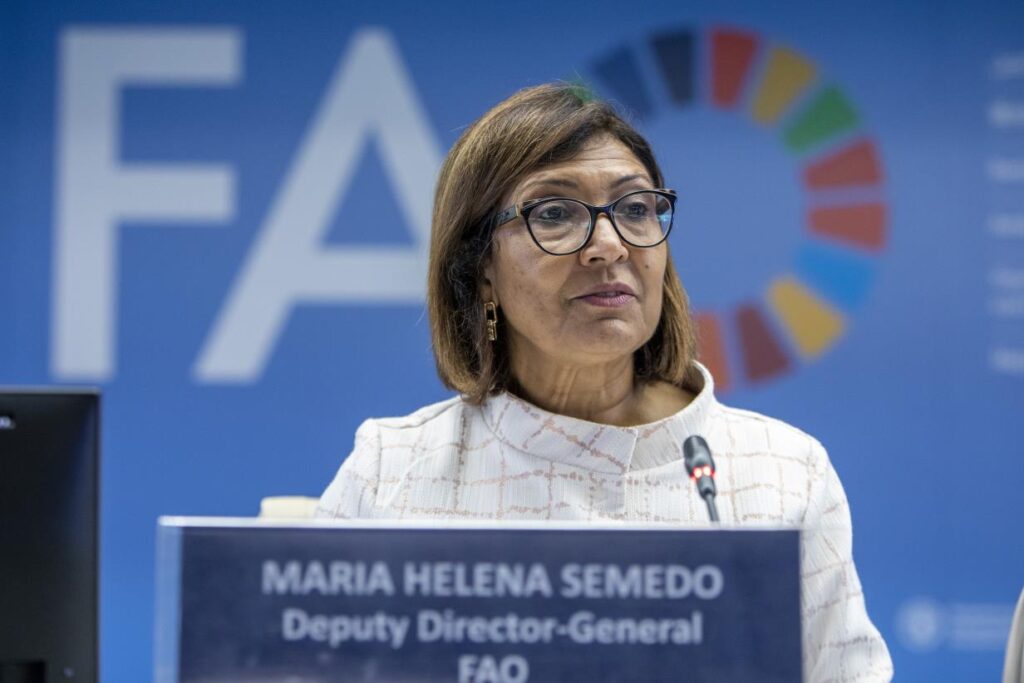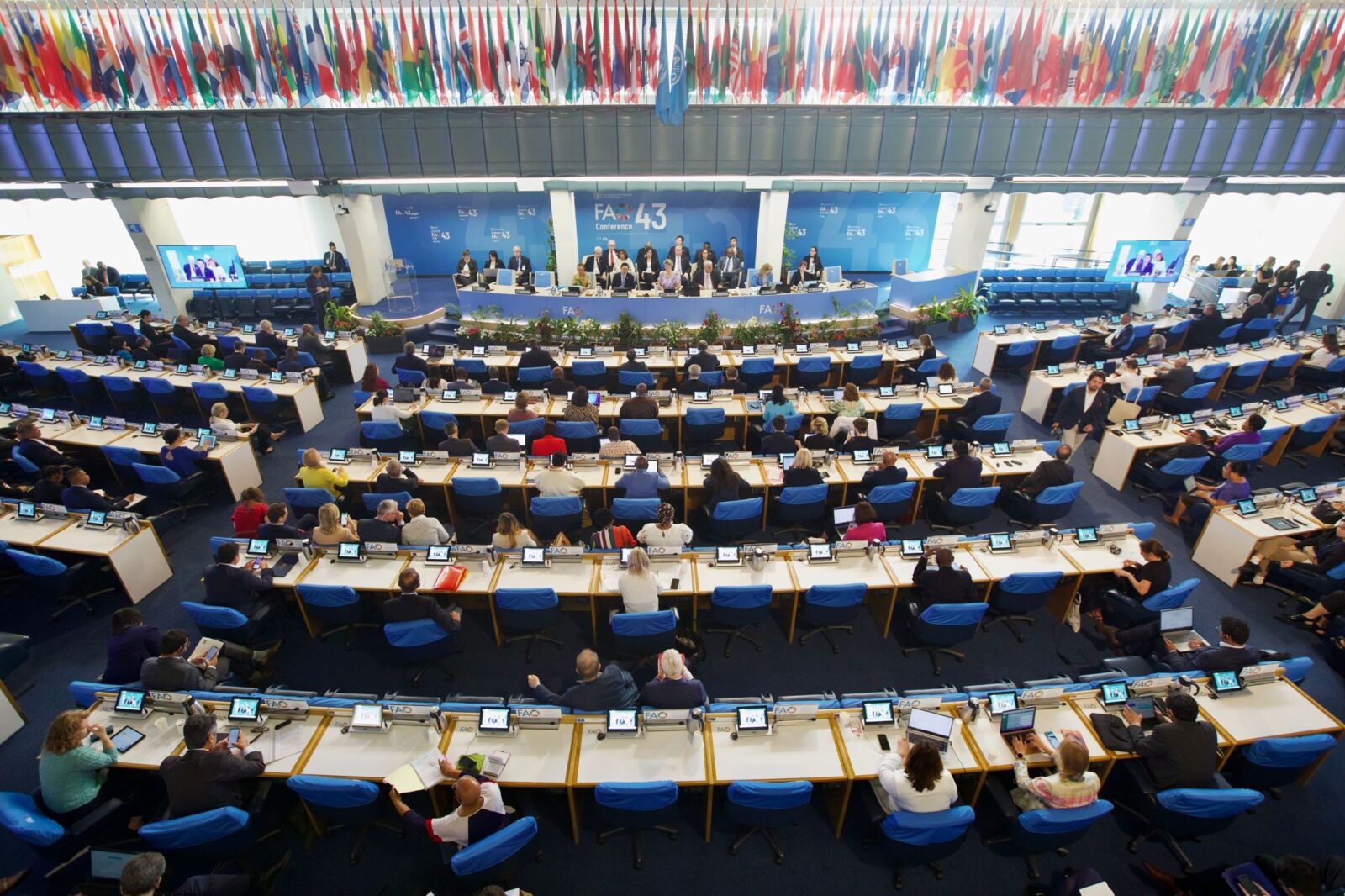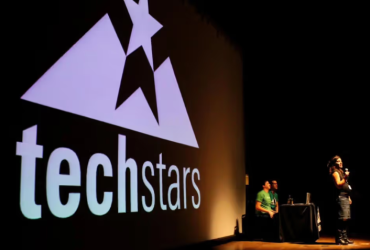The FAO has expressed its gratitude for the recent announcement of an additional US$10 million in funding from the United States Department of State. This funding is allocated for projects focusing on mapping soil fertility in Ghana and Kenya. The initiatives aim to foster climate-smart agriculture and implement adaptation measures, with a specific focus on promoting resilient crops, optimizing fertilizer use efficiency, and enhancing overall soil health.
Deputy Director-General of the FAO, Maria Helena Semedo,

FAO
Rome, Latium, Italy
emphasized the significance of this funding, stating, “Not only will the additional funding from the United States bring the benefits of this project to smallholder farmers and their communities in two more countries, but it also underlines the vital role that healthy and fertile soils play in building resilience to the impacts of climate change and in transforming our agrifood systems.”
The funding announcement was made by U.S. Chargé d’Affaires of the U.S. Mission to the UN Agencies in Rome, Rodney M. Hunter, during the global celebrations of World Soil Day 2023. Hunter highlighted the United States’ excitement in contributing an additional US$10 million to support FAO SoilFER soil fertility mapping projects in Ghana and Kenya. He explained that the funding aims to strengthen smallholder agricultural production in these countries by mapping soil needs and providing technical assistance to farmers. The goal is to improve soil fertility through more efficient use of fertilizer and water, supporting climate-smart agricultural practices, soil health, and the cultivation of resilient crops as part of the Vision for Adapted Crops and Soils (VACS) Program.
The financial injection will significantly accelerate progress within FAO’s SoilFER initiative, which presently concentrates on Guatemala, Honduras, and Zambia. The initial US$20 million funding from the U.S. Government enabled FAO to expedite the impact-oriented project in July 2022.
The SoilFER project, funded by the U.S. State Department under the VACS Program, addresses the fertilizer crisis, considering factors such as costs, availability, and risks associated with inefficient usage. The overarching goal is to provide short- to long-term solutions for enhancing soil fertility and health, as well as building resilience to various shocks. The project encompasses diverse activities, including comprehensive soil sampling in the field, rigorous analysis of soil samples in laboratories, implementation of digital soil information systems, fertilization field tests and recommendations, sustainable soil management practices, and the utilization of modern technology tools to empower small-scale farmers with advanced soil information and data.
Critical to the effort is the detailed mapping of soil nutrients and functional soil properties, achieved through well-designed soil survey and analysis. Additionally, the project focuses on developing techniques to monitor these aspects over time. The resulting soil information system serves as a valuable asset for national authorities, contributing to decision-support systems aimed at judiciously using fertilizers.
The significance of this additional funding for Ghana and Kenya becomes particularly pronounced in the context of escalating food insecurity on the African continent. Recent statistics indicate that nearly one in four people in Africa (24.0 percent) faced severe food insecurity in 2022. The prevalence of severe food insecurity increased in Northern Africa, Middle Africa, Southern Africa, and Western Africa by 0.8, 1.3, 1.5, and 0.3 percentage points, respectively.
In conclusion, the generous contribution of an additional US$10 million from the United States Department of State underscores the commitment to addressing critical agricultural challenges in Ghana and Kenya. This funding not only expands the reach of the SoilFER project but also signifies a concerted effort to enhance food security, promote sustainable agriculture, and build resilience in the face of climate change across the African continent.
Source: World Fertilizer



















Leave a Reply